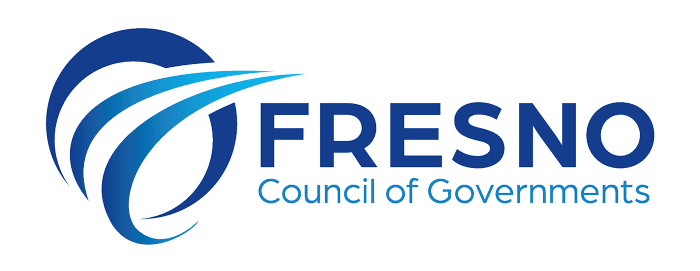Summary: The California Transportation Commission (CTC) released guidelines and fund balance estimates for the 2026 State Transportation Improvement Program (STIP) in August 2025. The California Transportation Commission (CTC) adopts a new State Transportation Improvement Program (STIP) every two years.
The STIP is a five-year capital improvement program of transportation projects on and off the State highway system, funded by the State Highway Account and other sources. As part of the STIP development process, each region must produce a Regional Transportation Improvement Program (RTIP). Caltrans is required to produce the Interregional Transportation Improvement Program (ITIP) for the remaining 25 percent of STIP funding.
When voters passed the Measure C renewal in 2006, the ballot promised to leverage Measure C with other sources of state and federal funding. Subsequently, the FCOG board reaffirmed a long-term commitment made after the 1986 Measure Ballot to dedicate a minimum of 75% of the RTIP to leveraging major projects in the Measure Regional Program.
The Regional commitment to major capital infrastructure projects is critical as federal and state grant sources require construction-ready projects that take years to develop and can only be delivered if the design and right-of-way are completed with regional resources. The combination of Regional Measure C and STIP funding has enabled the region to deliver hundreds of millions of dollars in capital improvements to the state highway system in Fresno County.
The Shaw Avenue Multimodal Interchange project is on the voter-approved Tier II list in the 2006 ballot and has been routinely discussed among the City of Fresno, Caltrans, Fresno COG and the Fresno County Transportation Authority. Recently, Caltrans secured $400,000 to conduct a project study report (PSR), which began in January 2025. The PSR is a required component of the application for STIP funding and will be completed prior to the application due date of Dec. 15, 2025.
Caltrans requests $9,684,000 in STIP to develop the environmental document, which is anticipated to take three years to complete. Due to the project’s complexity, the ready-to-list date is projected for 2037, and a significant inflation factor is being applied. Current estimates place capital costs between $170 million and $223 million, with Right-of-Way costs ranging from $33 million to $97 million.
The 2026 RTIP will also include projects from the previous 2024 RTIP cycle. These include the:
- South Fresno SR 99 Corridor Project: American Avenue Interchange
- South Fresno SR 99 Corridor Project: North Avenue Interchange
- Excelsior Expressway – State Route 41: Kings County Line to Elkhorn Ave.
These projects are all in progress. The STIP fund estimate includes a 5% limitation for Planning, Programming & Monitoring for the Regional Transportation Planning Agency (Fresno COG).
Both South Fresno Interchange projects are currently programmed in 2027/28. The projects were originally programmed for construction in 2024/25; however, they experienced significant delays pursuant to a lawsuit against the environmental document.
In September, staff requested the Board approve $4,191,000 in RTIP to complete the funding for SR 41 Excelsior Expressway. The project is now ready to list, and Caltrans will request the final allocation vote at the CTC in October 2026.
The current STIP estimate makes approximately $14.6 million available for the programming period 2030/31 through 2031/32. Staff proposes that the funding be programmed accordingly:
- $4,162,000 for SR 41 Excelsior Expressway
- $736,000 for Planning, Programming & Monitoring, Shaw Avenue Intermodal Interchange
- $9,684,000 for environmental work, Shaw Avenue Intermodal Interchange.
Staff will coordinate with Caltrans to develop the application so the RTIP can be brought back to the Fresno COG board in November for adoption and submitted to the CTC by the Dec. 15 deadline. The CTC will then conduct public hearings and adopt the STIP in March 2026.
Action: Staff and the TTC/PAC recommend that the Policy Board adopt Resolution 2025-51, programming $9,684,000 in 2026 STIP county shares for the environmental document for Shaw Avenue Intermodal Interchange and $736,000 for Planning, Programming & Monitoring.


